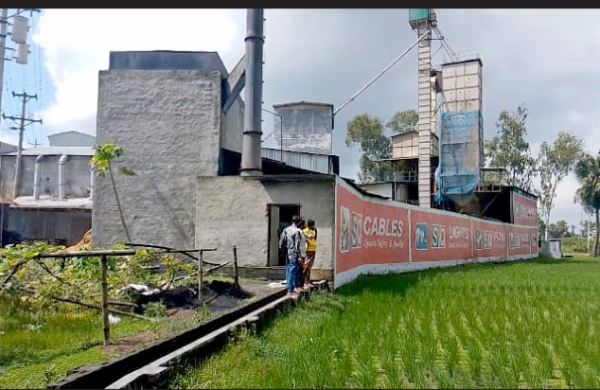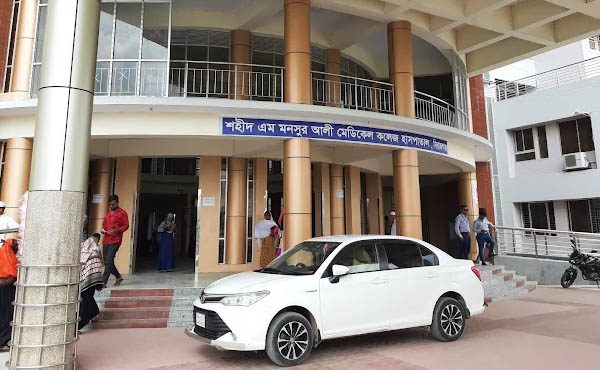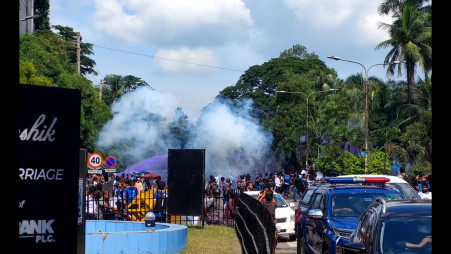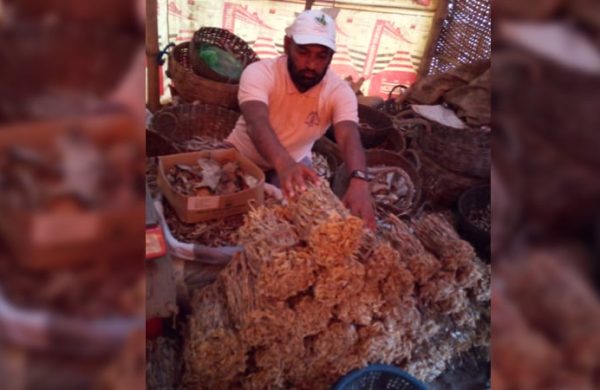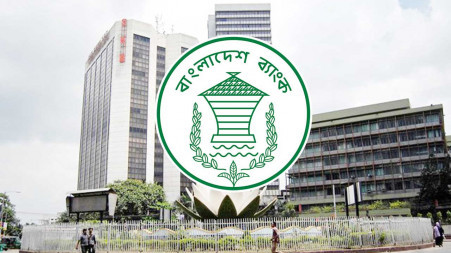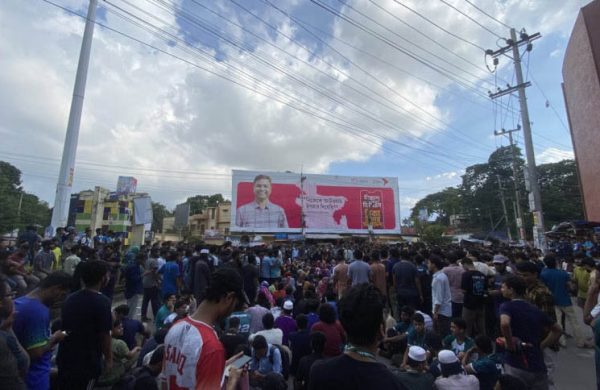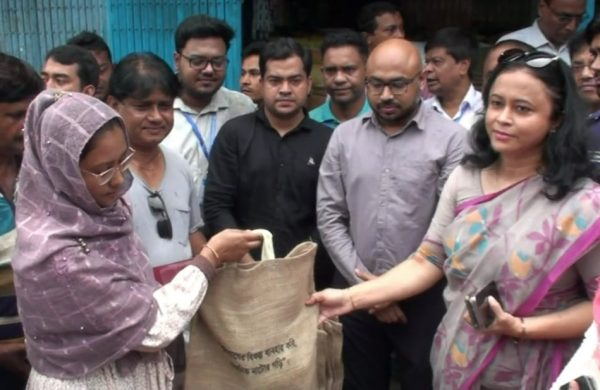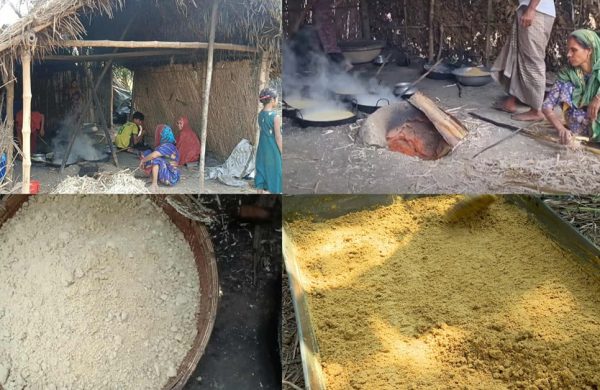Karnaphuli oil theft: Govt probe confirms ‘syndicate’ draining Bangladesh’s energy lifeline
- Update Time : Wednesday, August 27, 2025
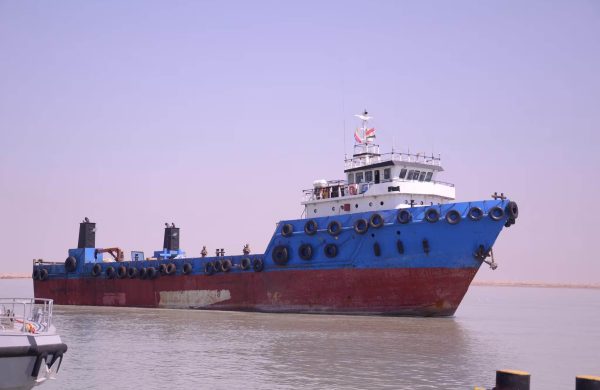
TDS Desk:
A high-level government investigation has confirmed widespread fuel oil theft within Bangladesh Petroleum Corporation (BPC) operations centred on the Karnaphuli River, long considered the lifeblood of the country’s energy and trade infrastructure.
The Karnaphuli River is not just another waterway; it is the beating heart of Bangladesh’s economic engine. Along its banks lies the country’s most strategic petroleum hub, home to refining and storage facilities that feed the entire nation.
But behind this critical infrastructure, a quiet and costly theft has been unfolding – one that insiders describe as a “silent haemorrhage” of state resources.
The probe, triggered by a National Security Intelligence (NSI) report, uncovered a well-organised syndicate siphoning off petroleum products under the guise of “system loss,” with hundreds of crores of taka in state revenue at stake.
The Energy and Mineral Resources Division (EMRD) has received a damning 60-page report from a five-member investigation committee, which outlines 12 critical recommendations aimed at overhauling the entire fuel supply chain, from import at sea to retail distribution.
What began as whispers of ‘system loss’ has now been exposed as a deliberate, large-scale theft operation.
Journalis thad published a report titled ‘Fuel oil theft from sea to land step by step’ on this issue. After the publication of this report, the issue was discussed in all circles.
THE INVESTIGATION THAT SHOOK THE ENERGY SECTOR
On April 28, 2024, the NSI submitted a confidential report to the Energy and Mineral Resources Division, flagging irregularities in BPC’s marketing subsidiaries – Padma Oil, Meghna Petroleum and Jamuna Oil – particularly around Chattogram’s Karnaphuli installations.
The intelligence alleged oil pilferage, black-market sales, and misuse of lighterage ships during transport from mother vessels.
Alarmed by the revelations, the Energy Division formed a five-member high-level probe committee led by Additional Secretary Md Rafiqul Alam.
Over 20 days, the committee scrutinised every link in the chain, from import terminals to inland depots. Their findings were damning. The report confirmed that oil was being illegally siphoned at multiple points: during offloading at the Karnaphuli River, inside depots, and while en route to distribution hubs across the country.
THEFT DISGUISED AS ‘SYSTEM LOSS’
For years, BPC has operated under an accepted margin of system loss – up to 0.5 per cent from mother vessel to depot and 0.2 per cent during inland distribution. This tolerance was designed to account for technical factors like evaporation. But the committee found the numbers did not match reality.
“In reality, there is no such system loss,” the report concluded. “The oil is being removed deliberately.”
Insiders allege that contractors, lighterage operators, and possibly internal staff have been colluding to divert thousands of litres of fuel to the black market.
Scrap vessels from Chattogram’s shipbreaking yards were reportedly used to store and sell siphoned oil. Foreign ships anchored near Chattogram port were also implicated in illegal transfers.
THE SYNDICATE AND THE MODUS OPERANDI
While the report stops short of naming individuals, investigators describe a layered operation.
Lighterage vessels, small ships that transfer fuel from large tankers, appear central to the theft. “Some lighterage ships are overfilled, and the excess oil never reaches the depot. It disappears mid-route,” said a senior official requesting anonymity.
Tankers transporting oil inland also came under scrutiny. The report suggests manipulations in manual measurement, using outdated ‘deep rod’ methods to mask shortages. Private refineries and unlicensed dealers were found to be key buyers of this stolen fuel.
THE SCALE OF LOSSES
The financial implications are enormous. Even a 0.5 per cent diversion in a sector handling millions of barrels annually translates to massive revenue loss. For a country heavily dependent on imported petroleum, the theft strikes at the core of energy security, increasing costs for businesses and consumers.
TWELVE STEPS TO SEAL THE BREACH
In its July 22 submission to the Energy Secretary, the investigation committee laid out a 12-point action plan:
- Pipeline Priority: Fast-track the Single Point Mooring (SPM) project and Chattogram-Dhaka pipeline to minimise ship-to-ship transfers.
- Digital Controls: Introduce automated custody transfer flow meters and eliminate manual measurement.
- Lock and Track: Digitally lock tankers and railway wagons; track them in real-time.
- Stronger Enforcement: Deploy mobile courts, coast guard patrols, and police teams along river routes.
- Depot Overhaul: Fully automate depots and retail outlets; regular BSTI-calibrated inspections.
- Dealer Accountability: Penalise and cancel licences of rogue operators.
- Private Refinery Checks: Increase oversight to prevent illegal marketing.
Other measures include reducing transit delays, boosting railway capacity, real-time dashboard monitoring, and ensuring uniform quality standards from depot to pump.
Response and fallout
Following the report, the Energy Department has instructed BPC to implement the recommendations. Letters were sent to the heads of Padma, Meghna, Jamuna Oil, and Standard Asiatic Oil Company Ltd. directing immediate action. “Automation and pipelines are the future. These changes can stop the bleeding,” said an official from one marketing company.
Yet, there is unease within the sector. Will these measures be enforced? And will the individuals behind the theft face justice? Critics argue that unless legal action accompanies reforms, the syndicate will simply adapt.
WHAT LIES AHEAD
The Karnaphuli scandal is more than an operational lapse, it is a test of governance. As the Energy Division moves to seal loopholes, pressure is mounting for accountability. For now, the committee’s report stands as both evidence and warning: when systemic theft becomes normalised, it’s not just oil that’s lost, but public trust.
Bangladesh’s energy backbone depends on what happens next. Will the state act decisively, or will the theft continue under new guises? The nation’s economic artery cannot afford to bleed.


